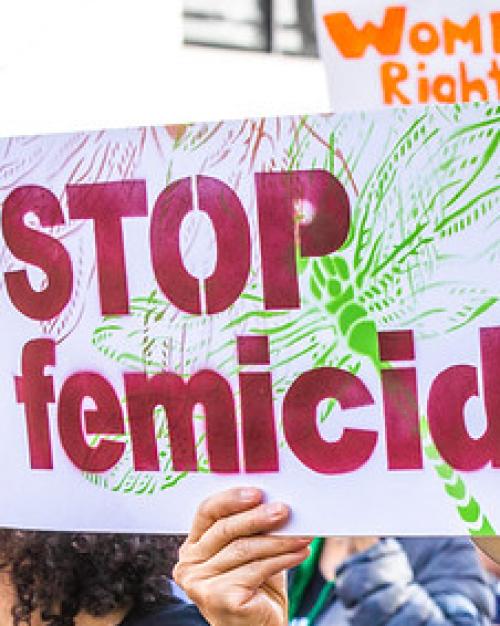Kenyan women are taking to the streets and calling for President Ruto to declare femicide a national crisis following the murders of 97 women over three months.
Sabrina Karim, associate professor of government in the College of Arts & Sciences who directs the Gender and Security Sector Lab, says that while the rise in femicides in Kenya may seem shocking, it is part of a global trend that hasn’t abated.
Karim says: “Globally, one in three women (30%) worldwide has been subjected to either physical and/or sexual intimate partner violence or non-partner sexual violence in their lifetime, and the UN recently reported that the home is the most dangerous place for women.
“While the violence against women in Kenya is attributed to ingrained patriarchal attitudes and economic disparities, these explanations don’t fully explain why the numbers are rising now. One explanation could be that women have made gains politically and there have been significant resources committed to women’s rights—women hold 23% of seats in parliament—which might have led to backlash by some men.
“They might be resentful of gains made by women, especially if they view these gains as zero sum, and if they view men as losing status as a result. Some men resort to violence against women as they see their status decline both within the home and more broadly in society.”
For interviews contact Ellen Leventry, (607) 288-3784, eel2@cornell.edu.





